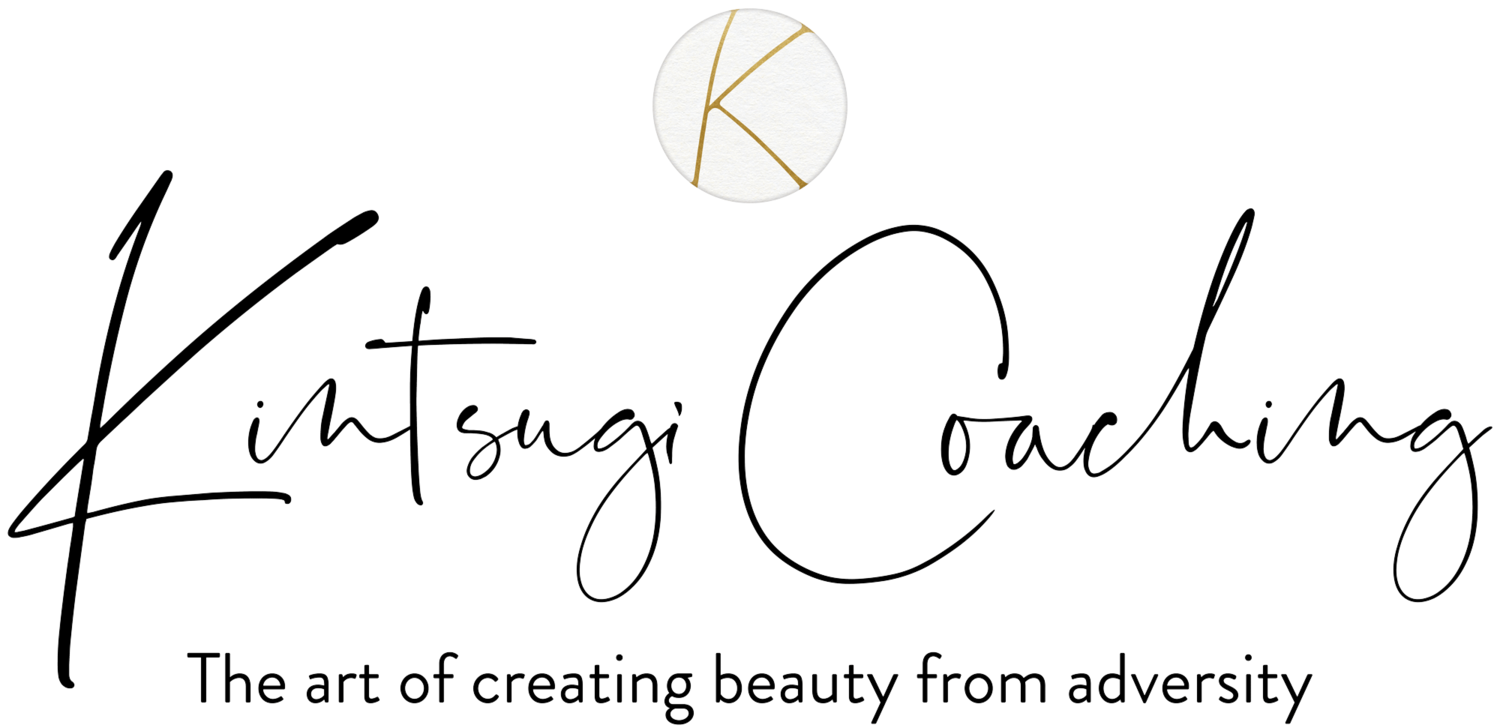Finding Meaning in Disease: 5 Steps to Healing
Adrenal fatigue — the main symptom of which is unremitting and total exhaustion—is rampant in the U.S., especially among middle-aged women. I might have found this fact interesting in and of itself, but a recent and recurring bout with adrenal fatigue has caused me to pause, quite literally, to consider the nature of disease, its meanings, and our role in creating it.
It’s not just a hectic outer life that causes adrenal fatigue; the life of the mind, the achings of the heart and the longings of the spirit also play important roles. What happens within us has just as much, if not more, effect our wellbeing as running from one appointment to the next, triple mocha in one hand, iPhone glued to the other.
We are, each of us, a unified field of energy, not just a body walking around disconnected from head and heart and spirit. Our thoughts and feelings quite literally create our reality—and contribute to our symptoms. It’s not random or coincidental when we find our lives unraveling. Dis-ease or discomfort of any sort is meaningful; it informs us that our life is out of balance.
The following are some suggestions for tuning in to what ails you in order to restore balance, aid healing, and expand your awareness:
1. Cultivate an attitude of wonder.
Why is your discomfort showing up as it is? Why that particular part of the body? Why now? What is happening in your life, both internally and externally? Live with these questions for a while and see what emerges.
2. Assume that what is occurring is meaningful.
Allow yourself to play with the idea that the illness is not random or merely a rogue interloper into your body, but something that arose from a confluence of events: physical, emotional, mental and spiritual.
3. Listen deeply.
Understanding can be gleaned through the poetic language of symptoms. The clues are in the images, symptoms, area of the body affected, and sometimes even the labels of the diseases themselves. Actively engaging with my symptoms (“What am I tired of? How does my exhaustion serve me?) led me on an internal journey of discovery, showing me just where and how certain thoughts and beliefs and feelings had eventually compromised my system.
4. Respect your body’s wisdom.
Respecting symptoms, rather than simply seeking to obliterate them, allows for healing in the most profound sense of the word. When body, mind, spirit and heart are all tended, healing is the result. Science is finally catching up with what the wisdom traditions have known for eons: that true healing is integrative.
5. Remember that cure is not synonymous with healing
This was a major revelation for me on my journey. Western medicine tends to equate healing with cure, but healing often occurs without cure, and a “cure” (i.e. elimination of symptoms) is often effected without deep healing.
It is important to note that the practices above do not obviate the need for medical care; there are many necessary, useful and practical interventions that can be part of both healing and cure. What I am suggesting is that the visitation of disease is not a product of chance, but a conspiracy of Self that holds precious information about who you are and what needs tending.
Examining my fatigue I discovered, for instance, that I was worn out not just from the various demands in my life, but also because I was ignoring some very real and repressed needs for creativity and simple pleasure. Part of my healing comes from being more attentive to diet and getting medical advice, but the lion’s share comes from tending my needs for creative expression and cultivating more joy in my life.
In the end I believe our true malady is not so much the visitation of symptoms but the refusal to welcome them, to artfully listen to them and to learn from them. The greater meaning in illness and pain is how it opens us up to more of ourselves, selves we might otherwise ignore.
Discomfort and disease destabilize us. They prevent us from going about our lives as usual and force us to open, however painfully, to new realities and new possibilities. Suffering is a difficult lesson, but a powerful one; it is also inevitable, natural, and to the degree that we are not aware, necessary. Our power and potential lies in how we meet our dis-ease: we can suffer it meaningfully, or we can just suffer.

